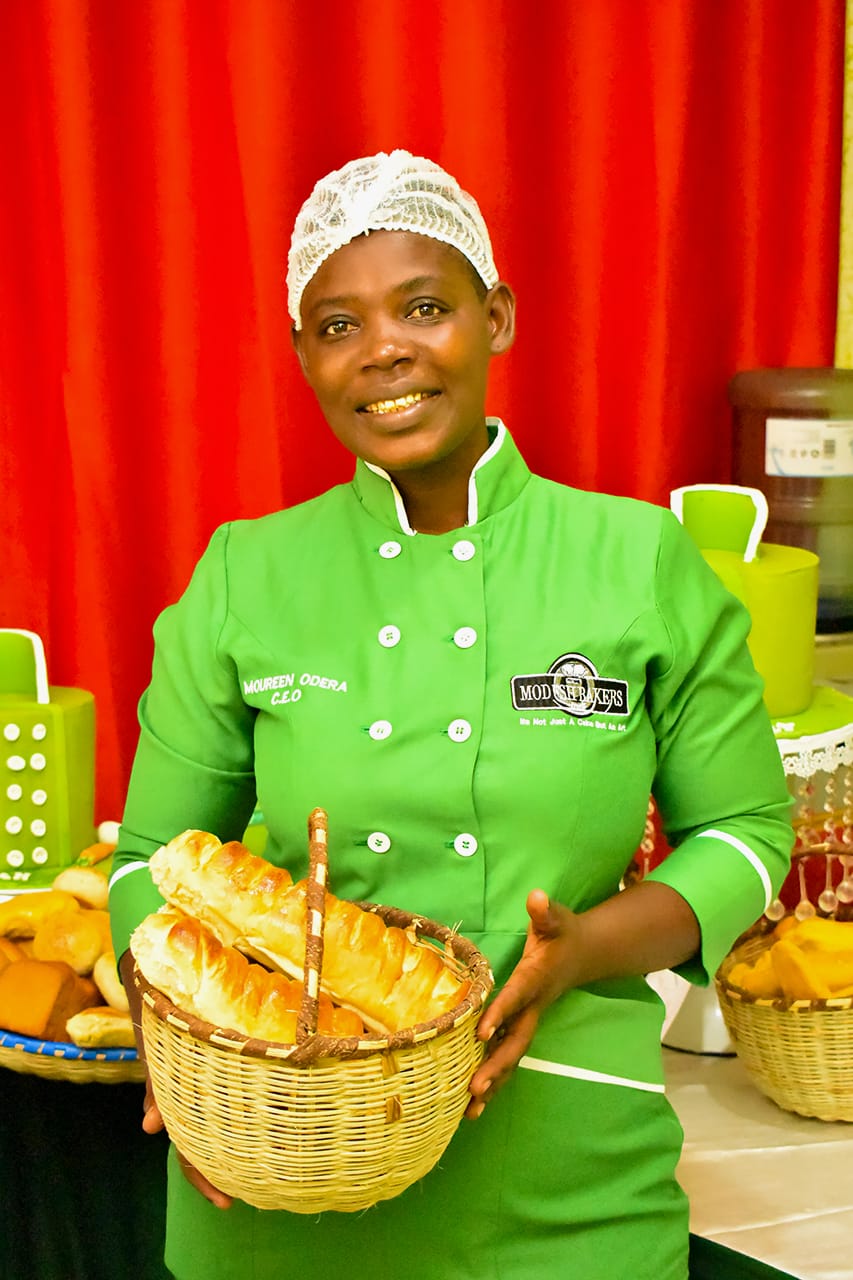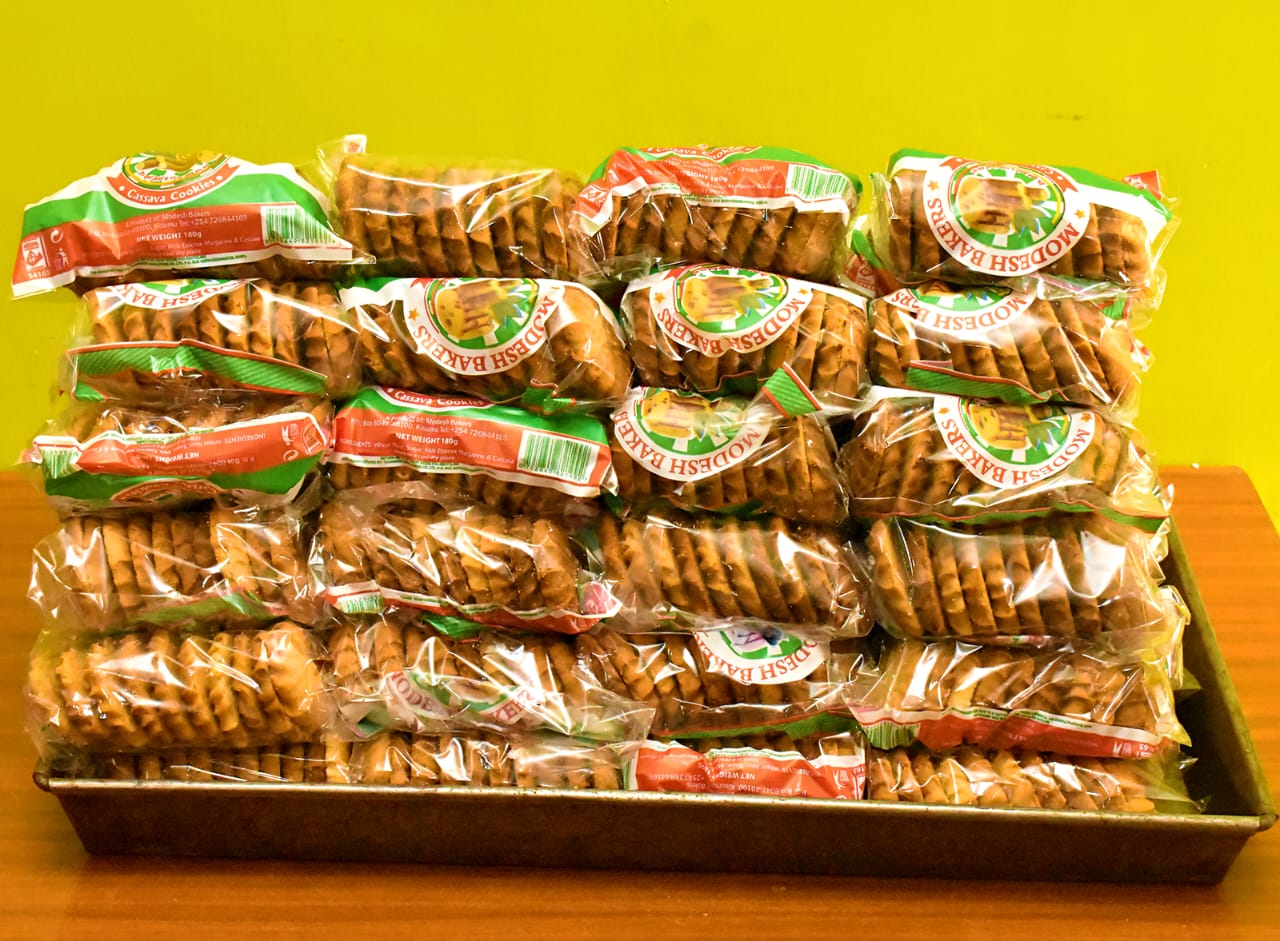|
Getting your Trinity Audio player ready...
|
By Lenah Bosibori
Kisumu City, Kenya: As the world prepares for the upcoming Conference of Parties 29 (COP29) in Baku, Azerbaijan, this November, with the central theme of Climate Financing, Kenya continues to face the severe repercussions of changing weather patterns.
Many entrepreneurs are still struggling to recover from the devastating floods that ravaged the country in May, highlighting the urgent need for climate action and financial support.
With high hopes for a fruitful outcome, the conference aims to bring together numerous young individuals. They seek to provide alternative financing options for climate-related activities. In Kenya, many young women struggle to obtain loans and other forms of commercial capital from banks due to high interest rates and often little to no collateral or credit history
Somo, a non-profit organization, has developed an innovative smart financing mechanism that targets underbanked that unlocks alternative financing to get to mainstream financing
Somo has partnered with the Standard Chartered Bank Foundation and Youth Business International (YBI) to provide financial support to women-led businesses through a revolving fund launched in 2023.
This initiative has made significant progress, successfully supporting 77 female-owned enterprises, generating 326 direct employment opportunities, and witnessing remarkable growth in their ventures.
The fund supports low-income female entrepreneurs aged 18-35 to access the financial support they need to sustain and grow their businesses. According to Somo, they provide loans between Sh 130,000 and Sh 2.5 million (US$1,000 and US$ 18,796) at a five-cent interest rate per annum.
Informal businesses play a critical role in inclusive economic growth, job creation, and sustainable development, however, they face substantial barriers in accessing finance, limiting their potential to contribute to national economies and the Sustainable Development Goals.
Over 8 % of Kenya’s employment outside small-scale agriculture is in the informal sector, Women entrepreneurs face significant financial exclusion receiving only 7% of venture capital funding in Sub-Saharan Africa despite representing 26% of entrepreneurs.

One notable beneficiary of the program in Kenya is Maureen Odera founder Modesh Bakers based in Kisumu County Manyatta estate. Odera says that she started her business in 2016 with little funding but when she heard about Somo and YBI in 2021, she was able to record progress and expansion in her business.
“I started my business in 2016 and came in 2021, I heard about Somo Africa when I visited KIRDI Kisumu, they trained us on entrepreneurial skills and then granted me a loan of Sh 100,000 (US$766) through Standard Chartered Bank and I returned the loan within 5-6 months,” says Odera in an interview.
Benefits Of The Somo And YBI Loan
After successfully returning the initial amount, Odera adds that she was able to get a bigger loan of Sh 1.5 million which she has used to expand her business and employed seven employees.
“I had an oven that needed a three-phase, through the loan, I was able to approach Kenya Power and Lighting Company (KPLC) who installed the three-phase connection for me,” she adds.
Odera who is also certified by the Kenya Bureau of Standards (KEBS) wanted to sell her own cookies and cakes and was able to brand her packaging bags through the loan.
“Since I am doing cakes and events, I have made my own packaging bags with part of the money, I also have my own branded tents that I use during events and hire them out for an extra income,” she adds.
She further adds that she has stocked her bakery and managed to add a bigger machine in the bakery with part of the money. “I have stocked my bakery and managed to add a machine in the bakery with part of the money.” She adds. “I am lucky to have been introduced to Somo Africa because they are like my mother, they are always there when I call upon them, the work of a mother is to give birth and then take care of the child.”
Modesh produces cakes and cookies made from cassava and crickets and trains young women in baking skills, Odera is currently generating a monthly turnover of Sh 300,000 per month versus a baseline of Sh 57,000 in 2022.
She has trained 80 women in bakery skills, 35 of them have secured employment and 20 have started their own bakery shops while three have been retained by Modesh Bakers.
“Somo has walked with me through a bigger journey, they teach you on how to sell the product then after that they grant loans and employ you, they also help you sell the product and introduce it,” she reiterates.
So far Odera has repaid Sh 650,000 from her initial loan of Sh 1.5 million. “I am still paying the Sh 1.5 million, this is my first year and I was given three years to repay, I have already paid Sh 650 000 at an interest rate of 5 percent as compared to banks which loan at 15-21 percent,” she adds.
Challenges Faced By Odera
Odera says that she has not experienced many challenges in her business apart from the Economic situation in the country that is facing almost every business. “I am facing Economic challenge which is common everywhere,” she adds.

The floods experienced in May also affected her business as most of her clients come from areas that were greatly affected by the floods. “The floods also affected me because some of the clients come from the areas that were highly affected by the floods so they couldn’t come and purchase the product the way they used to,” she says.
This loan model has allowed young entrepreneurs who are operating in the informal sector and are excluded from the financial landscape to access capital and grow their businesses into commercially viable and investable models
According to the Kenya National Bureau of Statistics, (KNBS) Economic Survey 2022, the informal sector accounted for over 80 % of Kenya’s total employment
Investing in female entrepreneurs will drive the economic empowerment and inclusion of women in the region like Odera, it will also contribute to increased gender equality in society and business, according to a policy brief by Somo and YBI.
YBI and Somo also call upon the government, financial institutions, and development agencies to offer alternative financing models and partner with community-based organizations specifically targeted at informal businesses and provide microloans.
Further, they call upon partnerships with local organizations to provide financial literacy initiatives tailored and accessible to marginalized groups who are more likely to operate in the informal sector.
Finally, they suggest more support for marginalized groups, tailor all support services, and simplify policy frameworks for formal business registration and access to finance.














